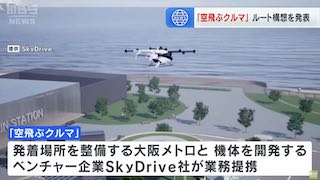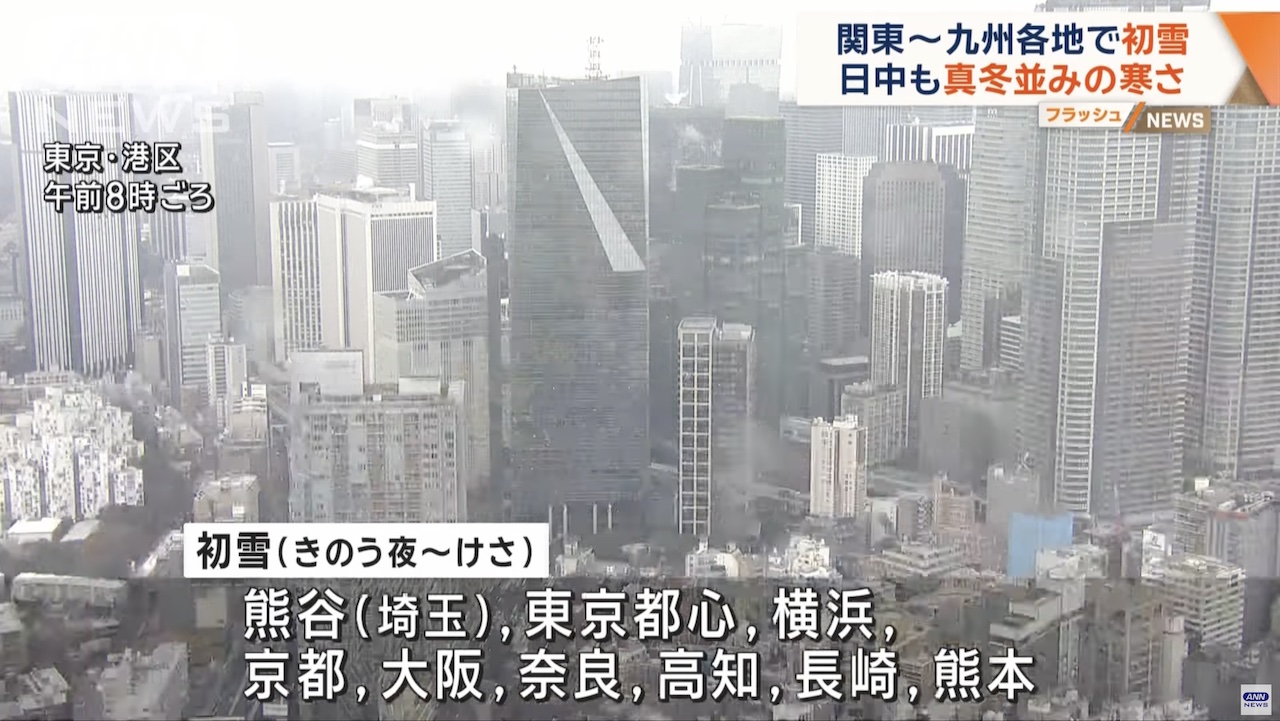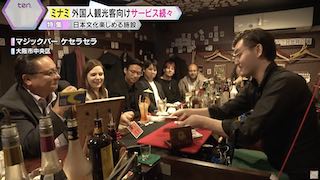YAMANASHI, Sep 02 (News On Japan) - At an altitude of 3,250 meters, the 'Fuji Health Center' operates 24 hours a day during the climbing season to respond to distressed climbers, many of whom are ill-prepared for the challenges of the ascent, including 'bullet' climbers who aim to reach the summit without adequate rest.
Staffed by international mountain medicine experts, the center handles a variety of cases, from altitude sickness to accidents.
One Korean climber, for instance, arrived at the center with severe headaches and nausea, typical symptoms of altitude sickness. "I've never experienced anything like this before," he said, struggling to adjust to the high altitude. The center’s medical staff, led by a specialist who once accompanied famed adventurer Yuichiro Miura on his Everest expedition, are well-prepared to handle such cases.
On another day, a young girl, just 11 years old, was brought in by her mother after experiencing difficulty breathing. The medical team quickly diagnosed her with altitude-induced hypoxia, a condition where oxygen levels in the blood drop dangerously low. After treatment, her oxygen levels improved, allowing her to safely continue her climb.
However, not all cases end well. A man who had collapsed after a 5-meter fall was treated for dehydration and mild hypoxia, both common issues for those unaccustomed to high altitudes. Thankfully, his injuries were not severe, and he was able to recover under the care of the clinic.
Mount Fuji's unique environment even necessitates daily deliveries of fresh supplies to the mountain’s 9th station, where a mountain hut serves climbers meals from an extensive menu of over 30 dishes. Yet, despite the comforts, the importance of rest and hydration cannot be overstated, as the risk of dehydration and altitude sickness looms large.
Source: TBS














